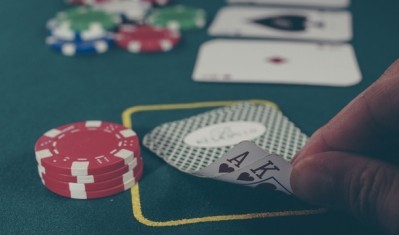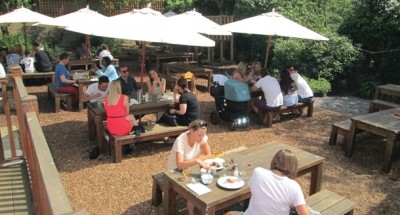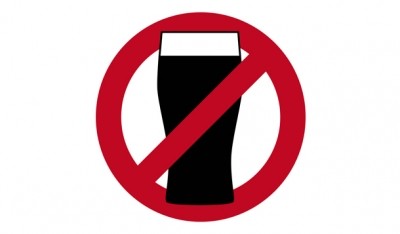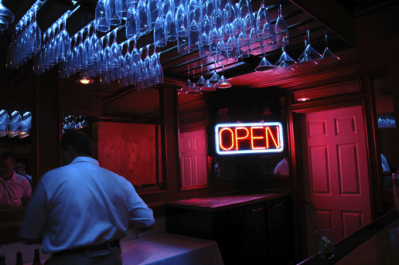Legal Q&A: Do 'inflatable pubs' require licensing?
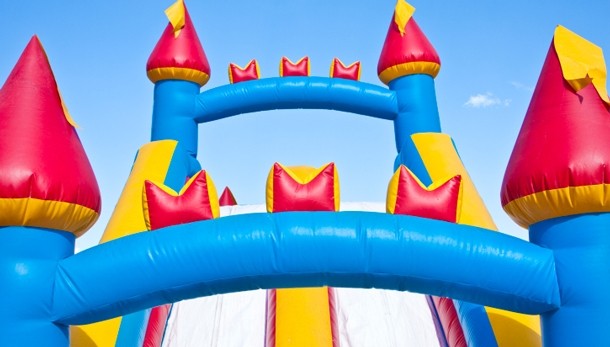
Inflatable structures
Q. I saw an advert on Facebook this week featuring an inflatable pub that can be hired for parties and events, complete with heaters and lighting. I run a small country pub and I am in the process of planning events for my unlicensed beer garden for the summer months. I thought it would be an excellent idea to hire an inflatable pub rather than having a marquee. Where there is the sale of alcohol, I’m aware vehicles and tents require licensing. Am I correct in saying that the same rules apply to inflatables?
A. Yes you are. In fact, the Licensing Act specifically mentions inflatable structures are to be treated in the same way as any other moveable structure and will be regarded as premises requiring licensing. Accordingly, you will need to either vary your premises licence to include the garden or utilise your allocation of temporary event notices. Risk assessments are also necessary.
Intoxicating powers
Q. I am new to the industry and recently took over the lease of a town centre pub, as DPS and premise licence holder. Having recently obtained my personal licence, I know there is a duty on me not to serve drunk people, but I am concerned about customers coming into my premises, who may have pre-loaded and are intoxicated. Could you clarify what powers are available to me specifically in relation to ejecting drunken people?
A. This is a common problem. Ejecting or excluding drunk or intoxicated customers has to be handled with skill and care for a variety of reasons, not least the health and safety of the customer and potential licensing implications for your business.
The occupier of licenced premises has a right to request any person to leave (so long as not on the grounds of race, gender, religion, etc.) and of ejecting the person upon refusal. Reasonable force may be used, although what is reasonable will depend upon the circumstances.
Quite apart from this right, the Licensing Act makes specific provision to help licensees deal with drunken customers who will not leave. It states a person who is drunk commits an offence if, without reasonable excuse (like being disabled or injured), he fails to leave your premises when requested to do so by a police constable or other ‘authorised person’. The definition of authorised person would include yourself as premise licence holder/DPS. Although the Licensing Act is silent on the subject, ‘authorised person’ would appear to include registered door supervisors.
Furthermore, in a situation where you require assistance to eject or exclude a customer, you can call the police (especially if you do not have door staff on duty). In theory, the police are under a duty to respond to your request immediately, but in the context of a busy town or city this will not always be possible.
My advice would be train your staff in dealing with drunk or intoxicated customers and have a clear policy on the subject that is known to staff, door staff and customers alike.
